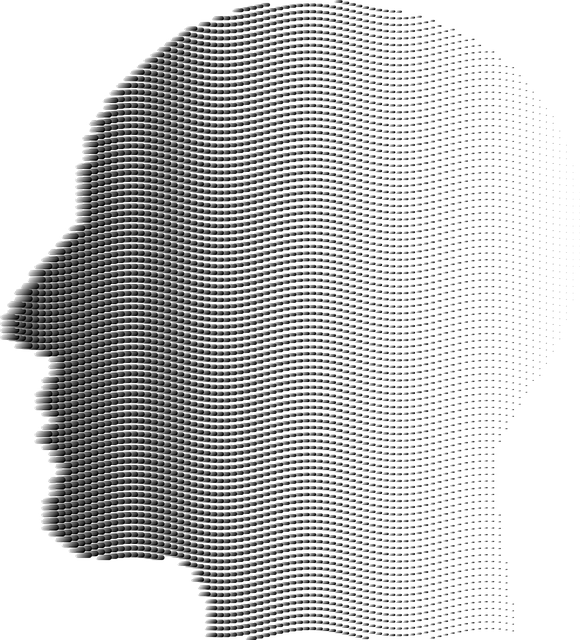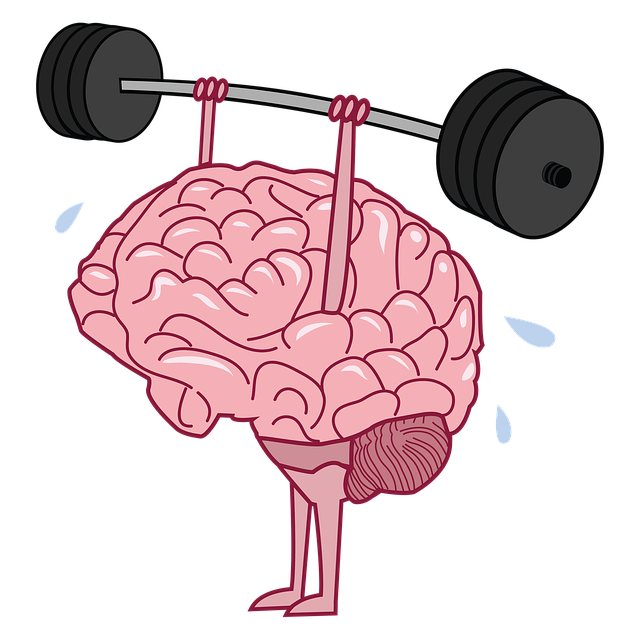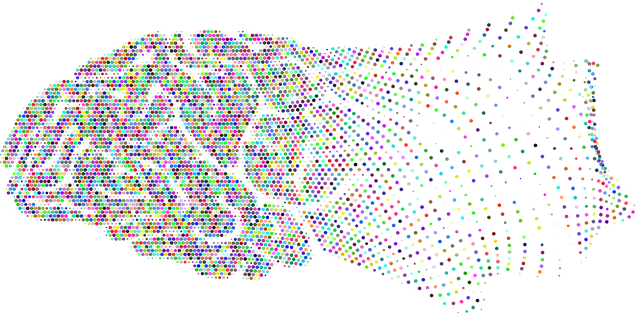Cultural competency training is crucial for healthcare providers treating young children with Attention Deficit Hyperactivity Disorder (ADD-ADHD), as it tackles biases and misdiagnoses stemming from cultural differences. Interactive workshops, role-playing, and diverse program designs enhance provider skills in communication, family dynamics, and tailored therapy. This promotes inclusive environments, improves patient outcomes, and boosts self-esteem for children with ADD/ADHD, ensuring quality care regardless of background. Key components include mental wellness coaching, social skills training, and emotional regulation techniques, fostering an effective healthcare environment for diverse families seeking therapy for young children with ADD-ADHD evaluations.
“Cultural competency in healthcare is no longer a nice-to-have, but an imperative for delivering quality care. This article explores the vital role of cultural training for healthcare providers, particularly in the context of young children’s Attention Deficit Disorders (ADD-ADHD) evaluations and therapy. We delve into the impact of cultural biases that can influence diagnoses, and present effective training strategies to empower providers in supporting diverse families. By fostering inclusive practices, healthcare professionals can ensure equitable access to care for all children.”
- Understanding Cultural Competency in Healthcare: A Necessity for Quality Care
- The Impact of Cultural Bias on Young Children's ADD-ADHD Diagnoses and Treatment
- Designing Effective Training Programs: Strategies for Healthcare Providers
- Promoting Inclusive Practices: Empowering Providers to Support Diverse Families
Understanding Cultural Competency in Healthcare: A Necessity for Quality Care

In the dynamic landscape of healthcare, cultural competency is no longer a nice-to-have; it’s a necessity for delivering quality care. Understanding and appreciating the diverse cultural backgrounds of patients, especially young children with conditions like Attention Deficit Hyperactivity Disorder (ADD-ADHD), is crucial. Healthcare providers must be equipped to navigate complex social and cultural contexts to offer effective therapy and evaluations. This involves recognizing and respecting individual beliefs, values, and practices that may differ from mainstream norms.
Cultural competency training equips professionals with the skills to foster inclusive environments, improve communication, and enhance patient outcomes. Through this training, providers learn strategies for mood management, self-esteem improvement, and cultivating positive thinking among children—aspects that significantly contribute to holistic healthcare. By embracing cultural sensitivity, healthcare providers can ensure their approach is not only medically sound but also emotionally supportive, ultimately leading to better health results.
The Impact of Cultural Bias on Young Children's ADD-ADHD Diagnoses and Treatment

Cultural biases in healthcare can significantly impact the diagnosis and treatment of Attention Deficit Disorder (ADD) and Attention Deficit Hyperactivity Disorder (ADHD) in young children. Stereotypes and preconceived notions about behavior, learning styles, and emotional responses often influence how healthcare providers assess symptoms, leading to potential misdiagnoses or inadequate treatment plans. For instance, a child from a minority background might exhibit hyperactive behaviors stemming from anxiety or cultural differences rather than meeting the diagnostic criteria for ADHD. This can result in a delayed start to therapy, which is crucial for positive outcomes.
Training in cultural competency helps healthcare providers recognize these biases and understand the unique presentation of ADD-ADHD across diverse populations. By fostering an environment of empathy and awareness, professionals can ensure that young children receive accurate evaluations and tailored therapy. This approach not only boosts confidence in both the child and their family but also promotes emotional well-being through culturally sensitive self-care routine development for better mental health management.
Designing Effective Training Programs: Strategies for Healthcare Providers

Effective cultural competency training for healthcare providers involves designing programs that cater to diverse needs and learning styles. One strategy is to incorporate interactive workshops that simulate real-life scenarios, allowing professionals to practice navigating cultural differences with sensitivity. These sessions can cover topics like communication styles, family dynamics, and community resources specific to various ethnic groups and backgrounds. By engaging in role-playing exercises, providers gain valuable experience in addressing issues related to therapy for young children with ADD/ADHD, improving their ability to conduct accurate evaluations and develop tailored treatment plans.
Moreover, integrating self-esteem improvement and confidence-boosting activities can help healthcare providers foster a more inclusive environment. Social skills training modules that emphasize active listening, cultural humility, and empathy-building techniques contribute to enhanced patient interactions. These programs should also include opportunities for reflection and peer feedback to encourage continuous learning and growth in cultural competency, ensuring healthcare providers are well-equipped to offer quality care to all patients, regardless of their background or identity.
Promoting Inclusive Practices: Empowering Providers to Support Diverse Families

Healthcare provider training should actively promote inclusive practices to better support diverse families. By empowering providers with the skills to understand and accommodate varying cultural backgrounds, beliefs, and needs, they become more effective in delivering quality care. This is especially crucial when addressing issues like therapy for young children with ADD-ADHD evaluations, where sensitivity to family dynamics and cultural contexts can significantly impact treatment outcomes.
Mental wellness coaching programs and development of social skills training, along with emotional regulation techniques, are integral components of this training. These initiatives ensure that providers are equipped not just to diagnose but also to guide families through the complex landscape of mental health support, fostering a more inclusive and effective healthcare environment.
Cultural competency training is a pivotal tool in enhancing healthcare quality, especially when addressing conditions like ADHD in young children. By understanding and overcoming cultural biases, healthcare providers can ensure fair and effective therapy for diverse patients and their families. Effective training programs, as discussed, empower professionals to navigate complex cultural landscapes, ultimately fostering more inclusive practices. This approach not only improves patient outcomes but also strengthens the bond between caregivers and medical experts during crucial ADD-ADHD evaluations.











